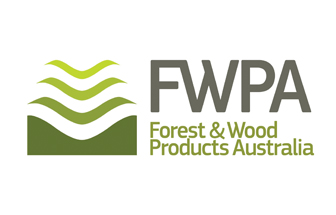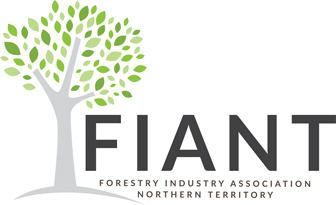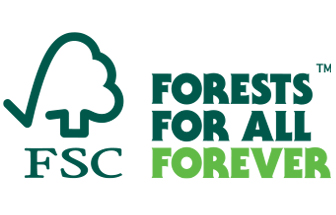BUDGET BENEFITS: AFCA WELCOMES FUEL EXCISE
CUTS AND COMMITMENT ON SBE’s SKILLS TRAINING
THE Australian Forest Contractors Association has welcomed the commitment to skills and training for small business owners in the 2022 Budget.
Small business owners (with a turnover of less than $50 million) will be entitled and encouraged to increase spending on external training courses to the tune of $550 million (deductions). Training needs to be delivered by an Australian registered entity, within Australia or online.
The Treasurer on Tuesday stated: “Starting tonight, for every $100 a small business spends on training their employees, they will get a $120 tax deduction, helping them become more productive and competitive.”
 AFCA general manager Carlie Porteous said the forest contracting businesses within Australia were already highly committed to skills development of their workers.
AFCA general manager Carlie Porteous said the forest contracting businesses within Australia were already highly committed to skills development of their workers.
“Getting some tax relief for continuing this focus is a great initiative,” Ms Porteous said.
“However, what we are seeing, and what we have seen over the past 20 years, is a failure to appropriately resource these Australian registered entities,” she said.
“There is a bottleneck and it’s not the industry. The availability of qualified trainers and assessors is known broadly as the main skills shortage in Australia. This is where the funding needs to go.”
Ms Porteous said cutting the cost of the fuel excise by 22c a litre was welcomed as short-term relief for many in the wood product supply chain, which at the end of the day meant better prices for the Australian consumer.
“However, real efficiencies in freight movement and fuel usage can be realised by investing in roading infrastructure that can cater for increased capacity such as high productivity freight vehicles and local roads that can cater for B-double combinations over single,” Ms Porteous said..
“This means permitting, regulation and funding allocation needs to be agreed upon strategically, at local, state and federal government levels.
“Also, regional roads and infrastructure upgrades don’t appear to have been included in the regional infrastructure package in the Budget as a way of relieving wood products supply chain issues. These efficiencies will lead to at least a 24% efficiency increase in tonnes per trip (i.e. 9 axle B-double to 11 axle A-double1).
AFCA encourages its members to work through the fine print of the fuel excise relief carefully with their financial advisors and accountants.
Additional funding ($3.7b) is also being provided to work with states and territories, to agree on a new National Skills Agreement under the Heads of Agreement for Skills Reform to invest in the skills system to support economic growth and resilience.
“This collegiate approach to identifying skills already exists (i.e. Skills Impact Australia/Forest Works).” Ms Porteous said.
“It is unclear what a new department will bring to the industry and whether it is the solution to the skills gaps in the industry.”









